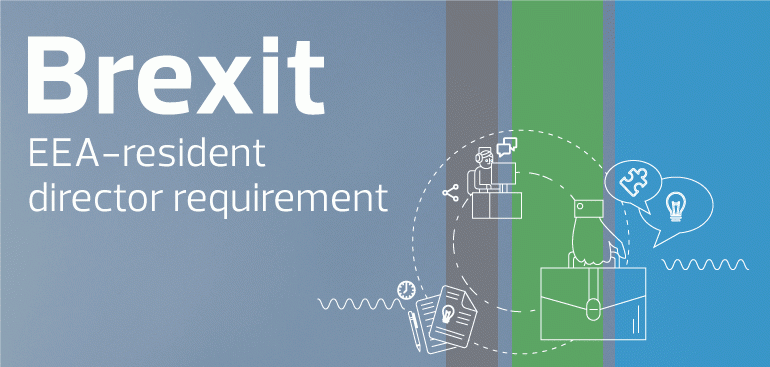The European Union Parliament and Council reached political agreement on the Corporate Sustainability Reporting Directive (CSRD) in June 2022. The CSRD provided for the establishment of the European Financial Reporting Advisory Group to develop European Sustainability Reporting Standards (ESRS).
The CSRD is intended to significantly enhance current ESG reporting requirements, ensuring reliable and comparable sustainability information for investors and stakeholders.
When will the new ESRS apply and to which Irish companies
In short, all Irish companies apart from micro-companies will ultimately be required to implement new ESRS reporting requirements as the CSRD is currently proposed.
Pre-existing ESG reporting legislation currently applies to public interest entities with over 500 employees. The new ESRS are set to apply to such companies for financial years on or after 1 January 2024.
Large-sized companies governed by or established in an EU member state, regardless of whether they are publicly listed or private companies, would be required to comply with ESRS for financial years on or after 1 January 2025.
Listed small- and medium-sized companies would be required to comply with ESRS for financial years on or after 1 January 2026.
ESRS specific for non-listed small- and medium-sized companies are expected to be separately developed and to apply to financial years on or after 1 January 2028.
What are the ESRS requirements
The exposure drafts issued for public consultation consisted of 11 specific reporting topics and two general principle and strategy guidelines. The “double materiality” concept applied meaning that Irish companies would need to not only report on the impact of the ESG requirements on themselves but also the impact on outside parties.
Phased in external ESRS assurance reporting measures form part of the overall directive. Detailed specific policy statement and performance measurement disclosures are expected for the following reporting areas:
- Climate change;
- Pollution;
- Water and marine resources;
- Biodiversity and ecosystems; and
- Resource use.
- Risk management and internal control; and
- Business conduct.
- Own workforce - representation and opportunity;
- Value chain workers impact;
- Affected communities engagement; and
- Consumers and end users interaction.
What should Irish companies be doing now?
While the final ESRS standards are currently awaited, it’s clear that significant ESG reporting requirements will occur.
Irish companies should begin planning for ESRS implementation, allocate staff resources and in particular start examining internal control structures needed to meet the ESG disclosure requirements.
Whilst ESG comes with complex challenges, it also comes with a wealth of opportunities. Organisations that respond to the ESG call stand ready to benefit from the new forces shaping decision making.
As featured in Accountancy Ireland online, October 2022




